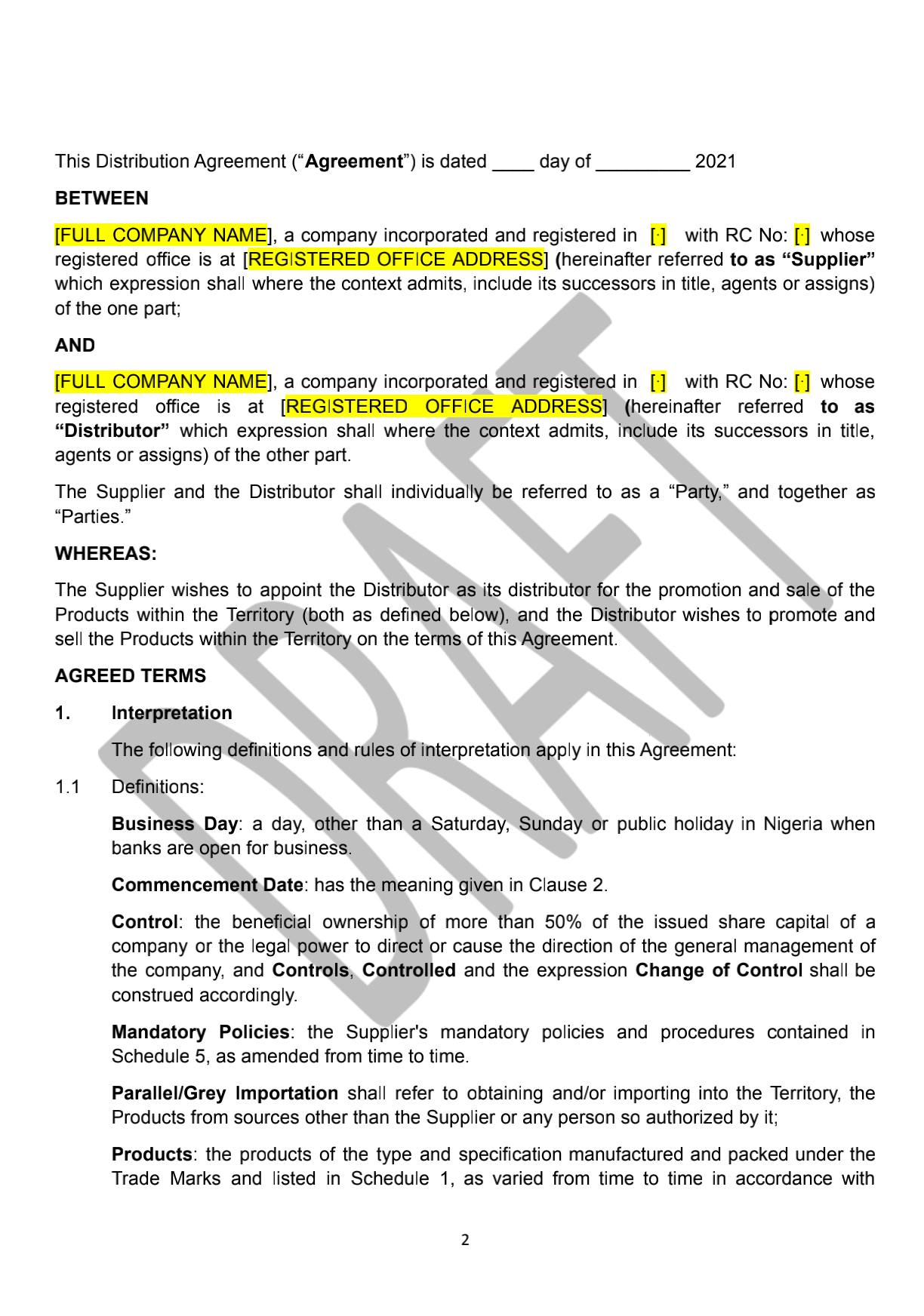It is easier than ever to find freelance workers for nearly any type of project. There are numerous online resources for finding contract workers for technical gigs such as app building, website creation and content writing. You can also find online connections to people to do onsite jobs such as lawn care, home repair or dog walking. An advantage to using an online or staffing service is that they often take care of most of the paperwork for you.
If you are using an online site for finding a freelance worker, you can read reviews from people who have hired them before. Plus, it is advised that you ask to see their portfolio and review their online presence. Many test a freelancer's skills with a small paid project before contracting with them for a large project. If you can, meet them in-person and discuss your project. If you cannot meet them in-person, set up a phone or video call for a quick interview. If they do not have the information required to fill out a W-9, you may want to hold off working with them until they can obtain a valid Taxpayer Identification Number.
If you choose to work with an independent contractor and they do well, it is helpful if you return the favor by leaving them good reviews on their online profiles or professional social media pages. You could also refer them to your colleagues if they need similar work done. It is helpful to network with good freelancers since they may have connections to other talent you may need to help you with future projects. And positive reviews about their project experience with you can help foster beneficial future business relationships.
If you are running your own company, we offer numerous Essential Documents for Running a Business that can help you do things like make a Joint Venture Agreement, Business Proposal or Confidentiality Agreement. If you are an independent contractor or consultant, we provide useful documents such as Bid Forms, Consulting Agreements, Contract Extension Agreements, and more.






